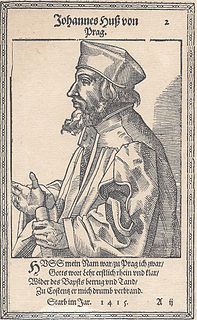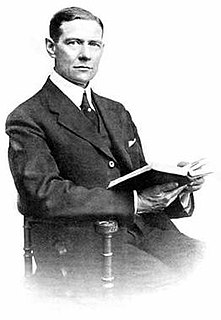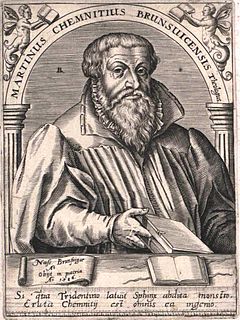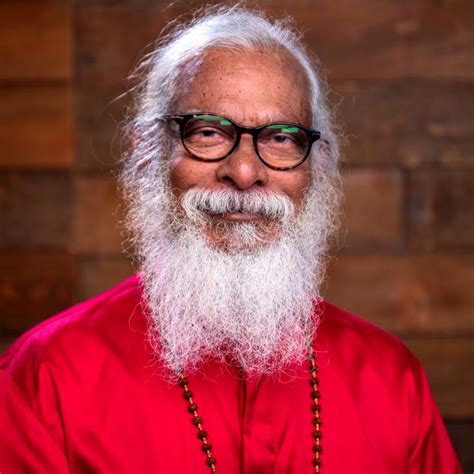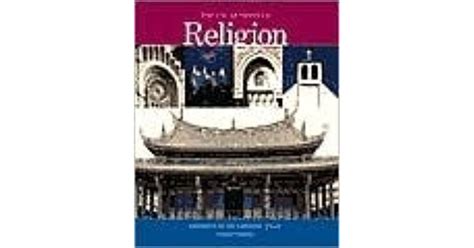A Quote by Henry Parry Liddon
The history of the Church of Christ from the days of the Apostles has been a history of spiritual movements.
Quote Topics
Related Quotes
Behold how Christ is the foundation of the church and the apostles are the foundations! Christ is by a figure of speech - antonomastice - the foundation because the edifice of the church begins from him and is finished in him and through him. But the prophets and apostles are the foundations because their authority bears up our weakness.
The introduction of the Christian religion into the world has produced an incalculable change in history. There had previously been only a history of nations--there is now a history of mankind; and the idea of an education of human nature as a whole.--an education the work of Jesus Christ Himself--is become like a compass for the historian, the key of history, and the hope of nations.
the Twelve Apostles are the most evident sign of Jesus' will regarding the existence and mission of his Church, the guarantee that between Christ and the Church there is no opposition: despite the sins of the people who make up the Church, they are inseparable. Therefore, a slogan that was popular some years back, 'Jesus yes, Church no,' is totally inconceivable with the intention of Christ. This individualistically chosen Jesus is an imaginary Jesus.
The true makes of history are the spiritual men whom the world knew not, the unregarded agents of the creative action of the Spirit. The supreme instance of this-the key to the Christian understanding of history-is to be found in the Incarnation- the presence of the maker of the world in the world unknown to the world. ... The Incarnation is itself in a sense the divine fruit of history-of the fullness of time-and it finds its extension and completion in the historic life of the Church.
It has been said by church historians that in those periods of Christian history where renewal, revival, and awakening took place and the church was at its strongest, that coincidental with those periods in church history, there was a strong focus on the psalms in the life of God's people-particularly in the worship of God's people.
Theosophy occupies a central place in the history of new spiritual movements, for the writings of Blavatsky and some of her followers have had a great influence outside of her organization. … The importance of Theosophy in modern history should not be underestimated. Not only have the writings of Blavatsky and others inspired several generations of occultists, but the movement had a remarkable role in the restoration to the colonial peoples of nineteenth century Asia of their own spiritual heritage.
Like every man who appears at an epoch which is historical and rendered famous by his works, Jesus Christ has a history, a history which the church and the world possess, and which, surrounded by countless memorials, has at least the same authenticity as any other history formed in the same countries, amidst the same peoples and in the same times. As, then, if I would study the lives of Brutus and Cassius, I should calmly open Plutarch, I open the Gospel to study Jesus Christ, and I do so with the same composure.
In medieval times, the Church used to sell 'indulgences' for money. This amounted to paying for some number of days' remission from purgatory, and the Church literally (and with breathtaking presumption) issued signed certificates specifying the number of days off that had been purchased. . . . And of all its money-making rip-offs, the selling of indulgences must surely rank among the greatest con tricks in history. . . .

